Buffalo’s winters are legendary for their severity, testing the resilience of residents and essential workers alike. During these storms, direct support professionals (DSPs) at our nonprofit provider agencies help ensure that people with intellectual and developmental disabilities (I/DD) receive the care they need. These workers also provide stability for some of the most vulnerable members of our community. Having witnessed their dedication firsthand, I believe New York must match their commitment by providing the resources they need to support people with disabilities, especially during moments of crisis.
The December 2022 snowstorm exposed serious gaps in our emergency response, including a lack of tracked vehicles to reach remote areas and the inability to quickly assist stranded individuals. Yet, through these challenges, DSPs rose to the occasion. One staff member at a group home, aware of the storm’s approaching severity, packed her belongings in advance and prepared to remain on site for several days. For her, this was a mission to provide the consistent care residents rely on, especially when extreme weather strikes. Another DSP stepped in at an unfamiliar group home during the storm, ensuring that individuals were safe, calm, and engaged through the crisis.
These stories are only a few examples of the unwavering commitment that these frontline workers bring to their work. Despite an essential role in our communities, DSPs often lack the compensation and resources they deserve.
As Gov. Kathy Hochul plans her upcoming budget, it is critical that the state includes a 7.8% Medicaid rate increase to stabilize services for people with disabilities. This funding would allow nonprofit providers to invest in training, staffing, and other resources needed to ensure consistent, high-quality care.
We must also address the broader, long-term challenges facing DSPs and the nonprofit providers they work for. New York should create a wage commission to evaluate the responsibilities of human service workers like DSPs and establish a long-term strategy to finally address this systemic problem. Recognizing the expertise of DSPs and ensuring they are adequately paid will help attract and retain a skilled workforce capable of meeting the growing needs of the I/DD community.
Additional capital funding is needed to help nonprofit providers upgrade facilities to withstand Buffalo’s increasingly severe winters. This will also help the state meet its climate and emission reduction goals by ensuring facilities are energy efficient and equipped to handle extreme conditions. As forecasts predict more frequent and intense lake-effect snowstorms, these upgrades are critical to safeguarding both residents and staff during future storms.
By acting now, New York can demonstrate the dedication DSPs show every day, ensuring they have the resources needed to continue their life-changing work.
Assemblywoman Karen McMahon represents the 146th Assembly District, which includes Amherst and Williamsville.
